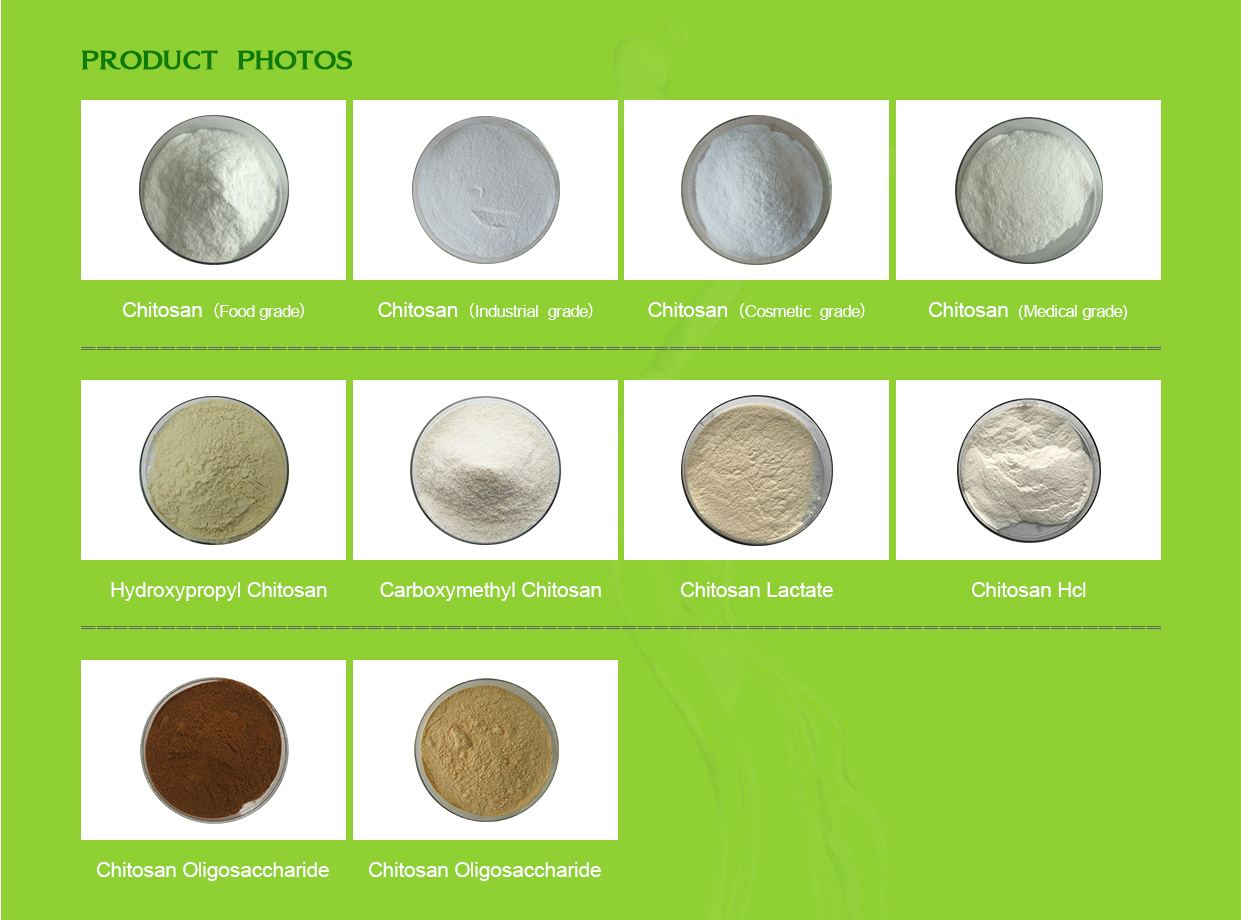Chitosan is a biopolymer derived from chitin, which is found in the shells of crustaceans like shrimp and crabs. It has gained attention for its various potential applications, primarily in the fields of medicine, agriculture, food industry, and environmental management. Here are some pros and cons of chitosan:

Pros of Chitosan:
- Biodegradable and Renewable: Chitosan is derived from natural sources and is biodegradable, making it environmentally friendly. It can be produced from waste materials generated by the seafood industry.
- Non-Toxic and Biocompatible: Chitosan is generally considered safe for human and animal use. It has been used in medical applications like wound healing, drug delivery, and tissue engineering due to its biocompatibility.
- Antimicrobial Properties: Chitosan exhibits antimicrobial properties, making it useful in food preservation and medical products. It can inhibit the growth of certain bacteria, fungi, and viruses.
- Chelating Agent: Chitosan can bind to heavy metals, which is beneficial in water treatment and pollution control. It can help remove pollutants from wastewater.
- Promotes Plant Growth: Chitosan has been shown to enhance plant growth, improve crop yield, and increase resistance to pests and diseases in agriculture.
- Weight Management: Some studies suggest that chitosan may help with weight management by binding to dietary fats and preventing their absorption, potentially aiding in weight loss.
Cons of Chitosan:
- Allergenic Potential: Individuals with shellfish allergies may be sensitive to chitosan since it is derived from shellfish shells. It could trigger allergic reactions in susceptible individuals.
- Inconsistent Effects: The effectiveness of chitosan in various applications can vary due to factors such as source, molecular weight, and processing methods. This inconsistency can make it challenging to predict its performance.
- Limited Solubility: Chitosan’s solubility is pH-dependent, which can affect its usability in different applications. This limitation needs to be addressed for optimal performance.
- Environmental Impact of Production: While chitosan is biodegradable, the production process may involve the use of chemicals and energy, which can have environmental implications if not managed properly.
- Questionable Weight Loss Benefits: The weight loss effects of chitosan are debated, and its ability to effectively bind to dietary fats and promote weight loss is not universally accepted by the scientific community.
- Potential Interaction with Medications: Chitosan’s ability to bind to substances could potentially interfere with the absorption of certain medications, reducing their effectiveness.
- Regulatory and Quality Control Issues: The quality and consistency of chitosan products on the market can vary. Regulatory oversight and quality control can be challenges in ensuring its safety and efficacy.

It’s important to note that ongoing research and advancements in technology may address some of the limitations and concerns associated with chitosan. As with any substance, its use should be carefully evaluated based on specific applications and individual circumstances.
